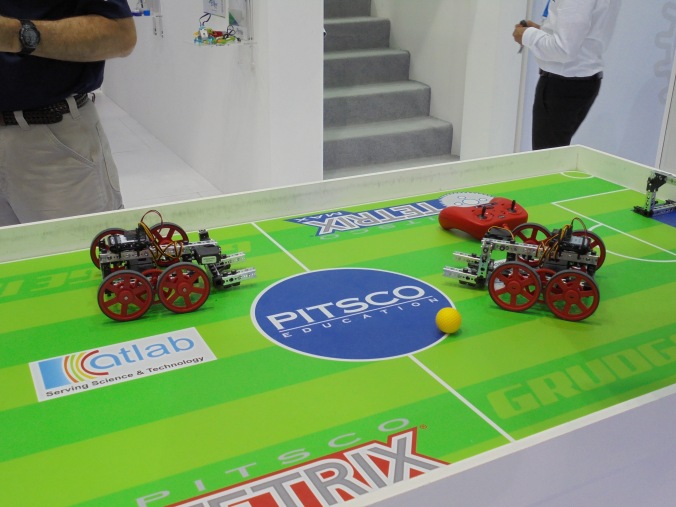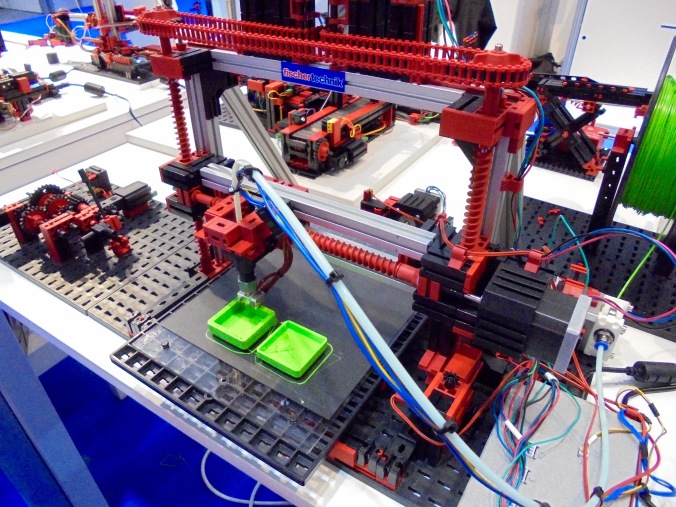by John Yiannoudis*
Our urban Athens play-based preschool & kindergarten was locked down, as all Greek schools, in March 10, 2020. And then, after 82 days of mandatory closure we re-opened in June 1st, having the 80% of kids back within first week.
Is it still the same school? or is it a different one?

The lockdown
It is widely known that Greece was one of the very first countries to shutdown schools due to covid-19 fear. And it proved to be a wise decision.
All schools in the country closed suddenly on Wednesday March 11, on a half-day notice. It was really shocking for all & especially for parents. No need to mention, some days later the whole country entered a full lockdown.
From day one, all we school people set two main goals: not lose touch with the children and the families and not let our team spirit go down. We had no idea if or when to reopen, but we had to keep school operating as normal as possible, up to then. Therefore, there was only one option available: to turn school virtual.
 To operate a play-based preschool & kindergarten through zoom, gotomeeting, youtube & edmodo, sounds like a joke! But not, when you know what you are doing and why you are doing it.
To operate a play-based preschool & kindergarten through zoom, gotomeeting, youtube & edmodo, sounds like a joke! But not, when you know what you are doing and why you are doing it.
We should be insane to believe that physical play in school’s mud hole could be replaced by zoom’ segmented screen; but that was the only alternative, so we had to make it work; and in order to work for kids, it had to work first for the adults. Teachers had to feel secure & enthusiast for their job and parents trust our honest intention to help and work together in order to give children the best possible school substitute.
We spent almost a month experimenting with every possible resource & idea. I remember, in March I was attending numbers of education webinars held in US and everyone was saying “oh my God, I have no idea what will work for my kids”!
Immediately became clear that children much loved the moving picture instead of pdfs and ppts. So, teachers started recording videos with their quarantine life, indoor play & new project ideas and kept sending them to families; and families were challenged to respond and share their home videos & photos with class community. This way, a nice dialogue began through email, edu platforms and fb groups.
By late March we added the zoom sessions. Whole classes for a start, then splitting into two, three or more subgroups; one-to-one sessions when needed; lots of discussions with parents; teachers even started paying personal home visits using school bus when it became legal. We had to assist families send their stress away in all possible ways.

To make the long story short, by the end of the lockdown period we had developed a complicated distance learning model, properly adjusted for each different age group (we run 11 classes, from  babies to kindergarten) and based on every single class’ specific needs.
babies to kindergarten) and based on every single class’ specific needs.
Emphasis naturally was given in play as deriving from this new quarantine reality. The big data had been very supportive for our approach, as more of the 85% of school families remained actively involved in this lockdown-forced distant way of operation. And then, on May 24, the Greek government announced that schools should reopen on June 1st.
The re-opening
Re-opening the school was a big challenge. New procedures had to be drawn, social distancing to apply, significant modifications in school infrastructure to be done and everyone to learn the new rules. Not so easy for the adults – but proved quite easy for the children!

The big change for the community was that parents do not get in school any more, while it operates. They deliver and pick kids up, at the gate; for Dorothy Snot parents, used for years to get in and out daily on a free will basis and feel school like home, this sounded hard. But in practice gave us no reason to worry.
We re-confirmed that a community can effectively transform and adjust to change, if only its’ members understand and agree on a major goal. And in this unforeseen era, the major goal is to maintain a school full of health but still providing lots of play opportunities & joy for the children.
Obviously, the arrival procedure is a  completely new one. Everybody’s temperature is measured at the gate and then all have to walk through a mandatory path for washing hands etc. But we made it looking like fun and children loved this new condition.
completely new one. Everybody’s temperature is measured at the gate and then all have to walk through a mandatory path for washing hands etc. But we made it looking like fun and children loved this new condition.
We intentionally keep the gate wide open in the morning, so parents may stay outside for a while and make sure their child enters the school and goes to class, happy; children are now really eager to leave parents and move in to meet their already enjoying friends, without asking for one last hug or one last kiss (this could take hours, before!).
Inside school, we have divided classes so none is operating with more than 15 children and maintaining no contact between sub teams during the day; Athens’ summer weather really helps as most of the classes spend half of their day in the school yards.

Segmented classes, fewer activities compared to before, more time in the yard and more time for non-directed play: a “new school” evolves & kids love it! Ok, they still can’t play ball, mingle big time or go to the forest (going out of the school is yet prohibited) but all have perfectly adjusted to this new treaty, love it & take it one step further every single day.

Every single day we see our school operating again in a fully play-based approach, other than before. Play takes place in smaller groups and in segregated space – but still is freely chosen, non-directed by adults, intrinsically motivated; some times even more than the pre-covid19 era!

The aftermath
We re-confirmed that when a big change comes, we have to be quick to mentally accept it. People normally resist to change and this resistance delays evolution; but life evolves on change.
 We confirmed that we must stick to our values, our plan & our people while adjusting to any new imposed reality. Our school is play oriented – this is what we exceptionally do and this is what we encouraged during all this strange period: enabling play to evolve under a new & unforeseen condition.
We confirmed that we must stick to our values, our plan & our people while adjusting to any new imposed reality. Our school is play oriented – this is what we exceptionally do and this is what we encouraged during all this strange period: enabling play to evolve under a new & unforeseen condition.
Children proved ready to adapt change and they are really born to innovate. The new covid-19 situation created lots of stress for the families and this initially affected kids; but as soon as we adults accepted the new treaty and our confidence started to rebuild, children easily regained  the lead of their life and their play.
the lead of their life and their play.
The bottom line: we observe a new school evolving, day by day. It is always a play-based school, sometimes even more than before, but it is different. Children repossesed the ownership of their school life, adjusted their play into the new careful reality and keep innovating big time. We move on day-by-day,  constantly evaluating results and preparing for the next unexpected.
constantly evaluating results and preparing for the next unexpected.
Kids are now in the lead and create a new play-based model, so same and so different than before. We stay back to observe, respect their needs, trust their capabilities and provide the settings that will allow them to flourish and explore this real “new world” in full enthusiasm and joy; this is what life-derived learning still is all about in the covid-19 era!
* John is Dorothy Snot preschool & kindergarten co-founder & Director
































